
PAN MEP criticizes EU inactivity over failures in animal transport
Lisbon, 15 May 2020 - A new European Commission report on the welfare of animals exported by sea (2019-6835) reveals serious flaws in compliance with the European Union Regulation that regulates its transport (1/2005). The situation has already been confirmed by other reports and several times denounced by PAN MEP Francisco Guerreiro, as well as by Non-Governmental Organizations (NGOs).
The Directorate-General for Health and Food Safety report is based on an analysis carried out over two years (2017-2018) in various ports in the European Union (EU) (Portugal, France, Croatia, Ireland, Romania, Slovenia and Spain) covering the export of cows and sheep. In Portugal, the ports studied were those of Sines and Setúbal.
“We are facing yet another report that proves that the European legislation that supposedly protects animals during transport, in this case to third countries, is not working. There are serious failures in animal welfare that are not controlled or penalized. On the other hand, even when registered and highly monitored by the public, like the case of the Romanian vessel that sank last year and killed fifteen thousand sheep, the Commission limits its action to empty warnings and threats,” says Francisco Guerreiro.
The main reason advanced for the existence of failures in terms of animal welfare is the lack of competent, experienced or qualified personnel to assess whether the vessels meet the technical requirements, to carry out the necessary controls and assist the authorities in European ports, factors aggravated by the time they have to do so.
“There is high pressure on veterinary officials at EU exit ports to allow loadings as they are aware of the potential logistical and animal welfare problems if they delay a loading. They are subject to intense pressure from exporters to approve shipments (including the threat of potential legal action if an export is stopped or delayed) and they have little, if any, support from their hierarchy to refuse a loading,” reads the report.
The report highlights that at place of departure, many competent authorities approve the transport with incomplete or incorrect documentation and without considering the weather conditions during the route and at the EU exit port, which increases the likelihood of animal welfare problems when the animals arrive at the port. These administrative deficiencies are not reported and so they remain routinely uncorrected and unmonitored.
In addition to the lack of qualified personnel, there is also an absence of contingency plans and of animals facilities for when delays occur and they are forced to wait for hours, which aggravates their health.
The report also states that there is legal uncertainty about who is legally responsible for, and can be held to account for, the wellbeing of the animals during the sea part of the journey, and there is no routine feedback from third countries, transporters or ships' masters on the condition of animals during the sea journey nor on the conditions in which they arrive at destination. However, photo reports by NGOs that accompany the loading of the animals and their arrival at the destination, such as Setúbal & Sines Animal Save - Stop Live Exports, prove that the welfare of the animals is brutally violated during their transport and unloading.
At the meeting of the Agriculture Committee of 11 May, MEP Francisco Guerreiro asked Commissioner for Health and Food Safety, Stella Kyriakides, if the European Strategy that intends to revolutionize the food sector in the EU (Farm2Fork), to be released on 20 May, includes the end of the long-distance transport of animals. In response, it was vaguely indicated that "there has been an improvement in the [welfare] conditions of animals", but that "further actions could be taken and better implementation and monitoring is necessary".
“PAN and its European political family, the Greens/EFA, are eagerly awaiting the dissemination of the Farm2Fork Strategy to see if it finally aims to improve the welfare of EU animals, redesigning the legislation that protects them in all areas. situations, including transportation,” concludes Francisco Guerreiro.
Check the report here: https://ec.europa.eu/food/audits-analysis/overview_reports/details.cfm?rep_id=137
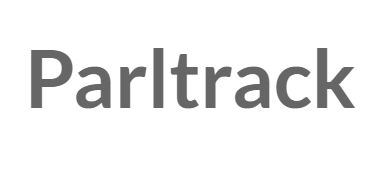
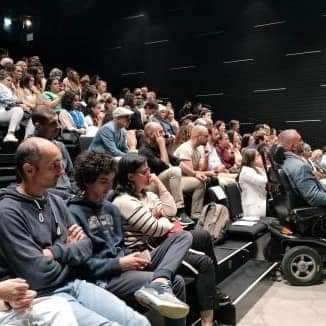
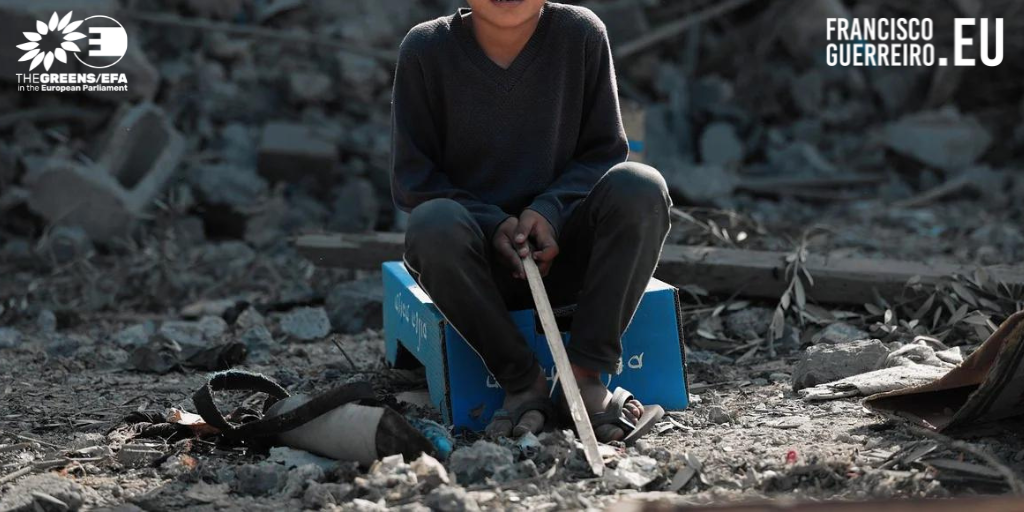
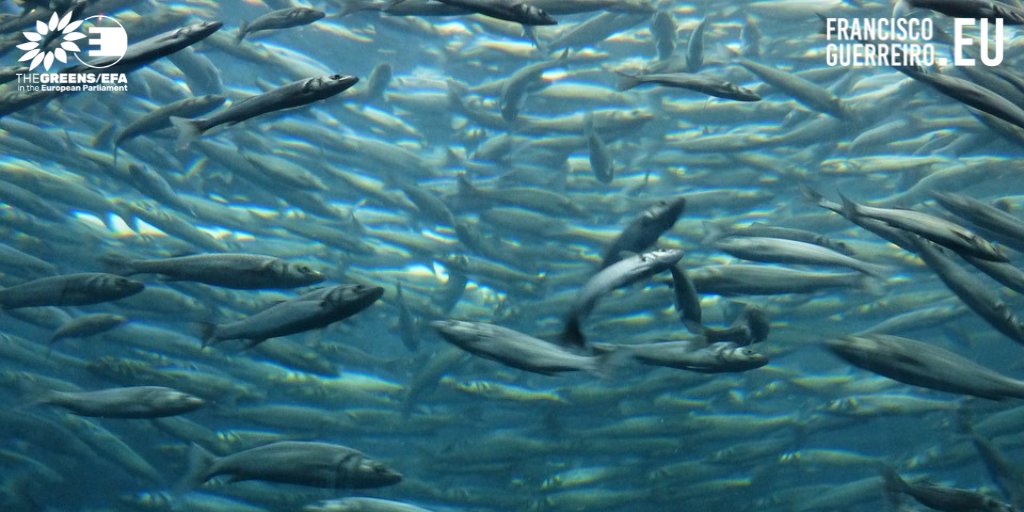
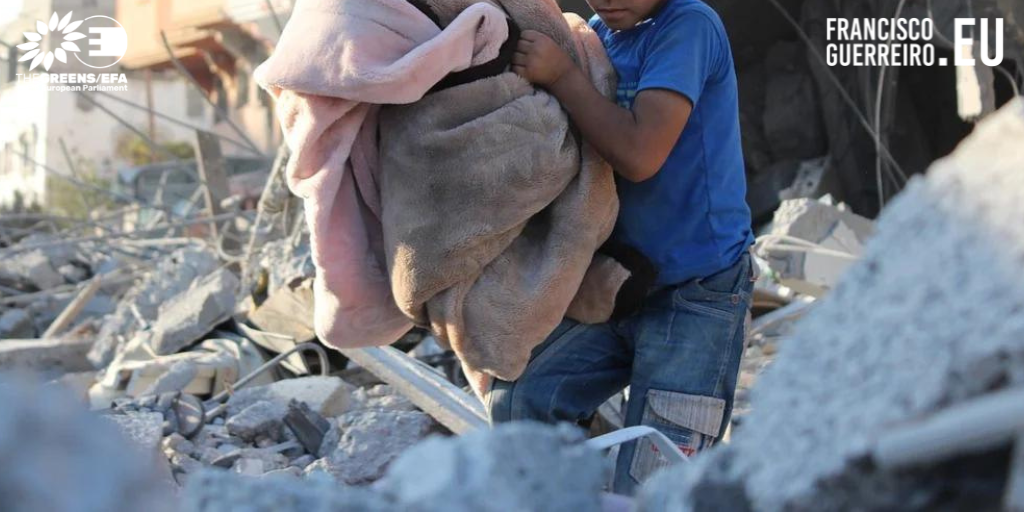
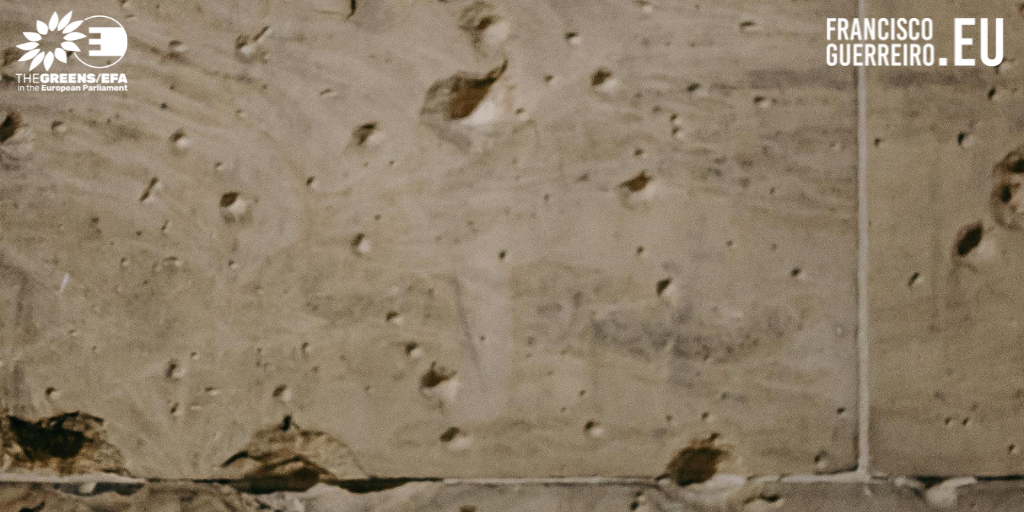

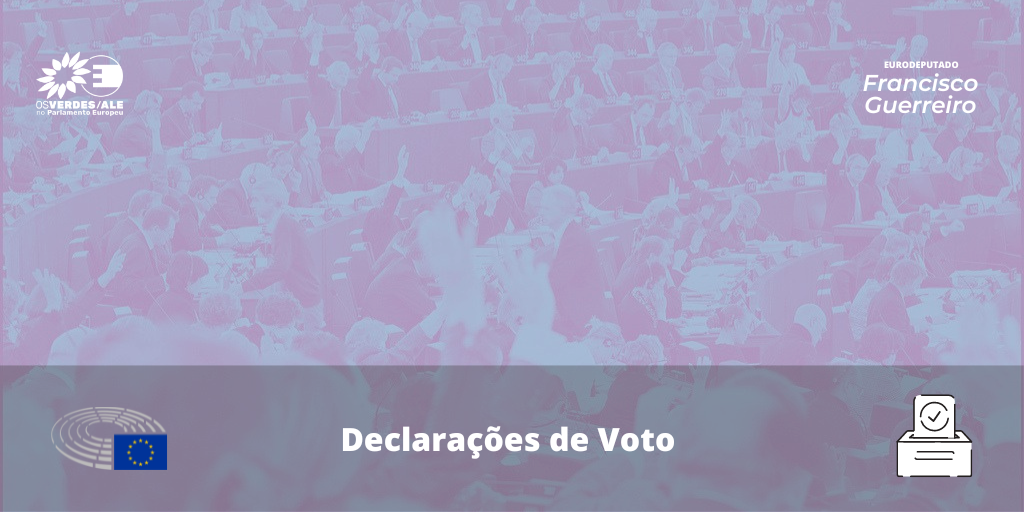
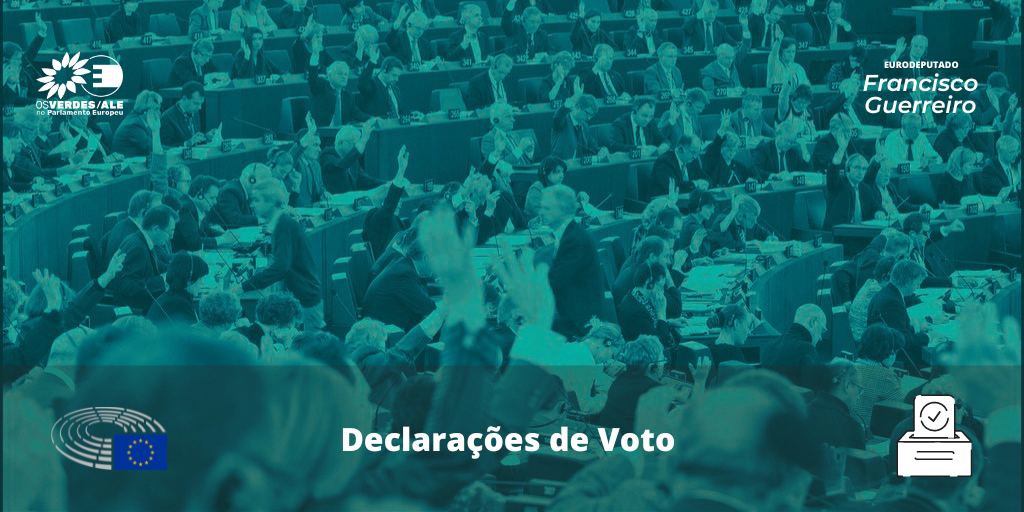
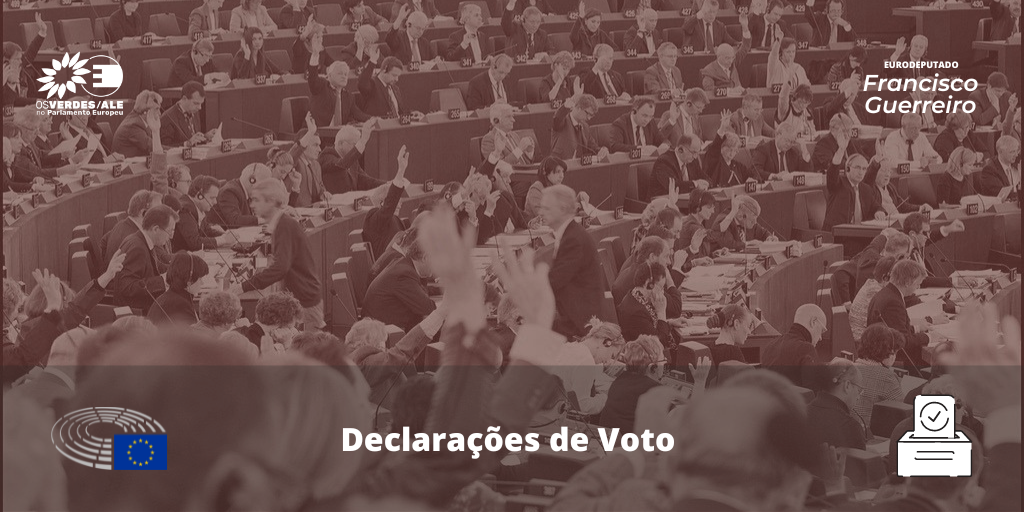
ParlTrack - Francisco Guerreiro considered one of the most productive MEPs
Monday, 01 July 2024
The analytical website ParlTrack has recorded all the parliamentary actions of MEPs during the 2019-2024 term, considering Francisco Guerreiro one of the most productive.READ MORE